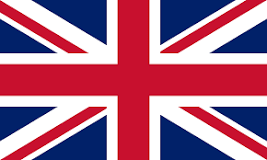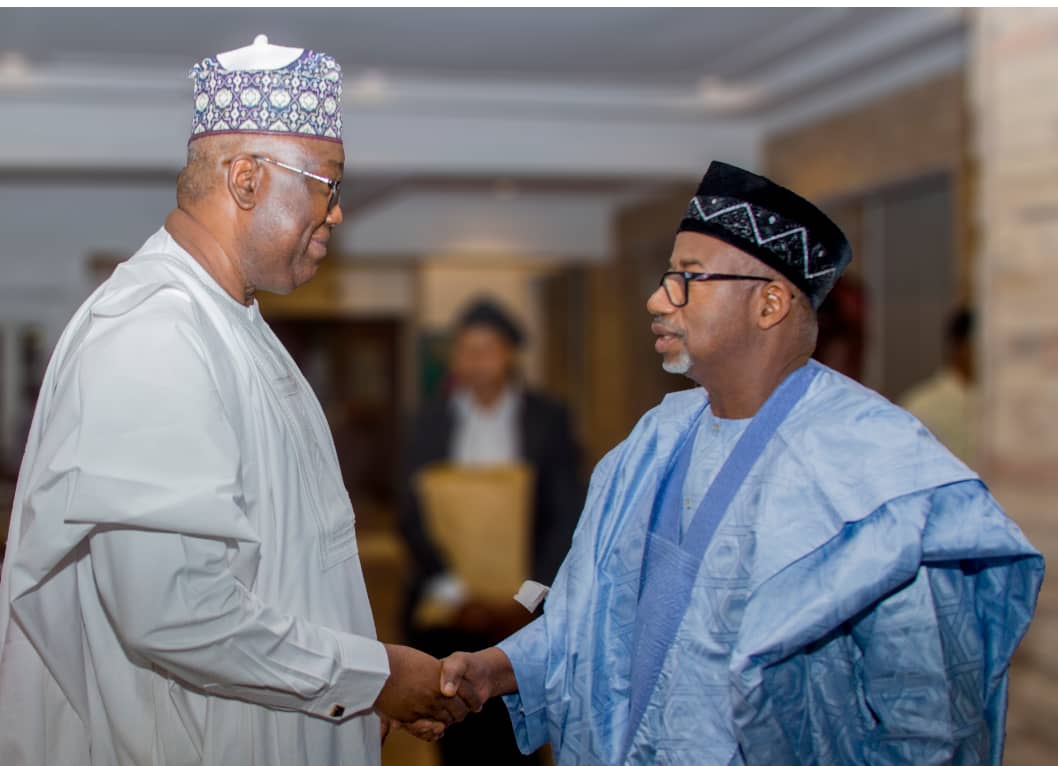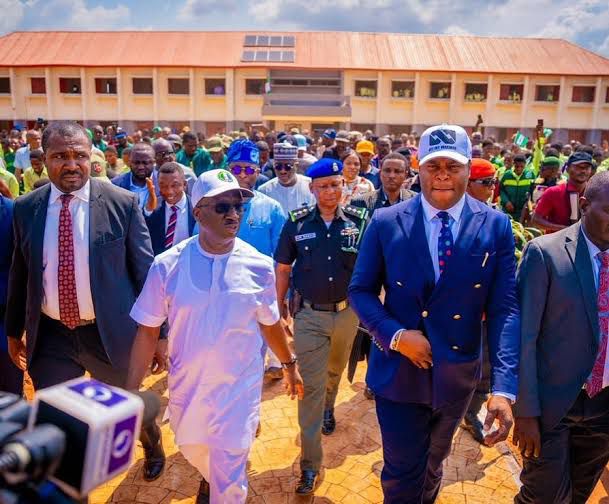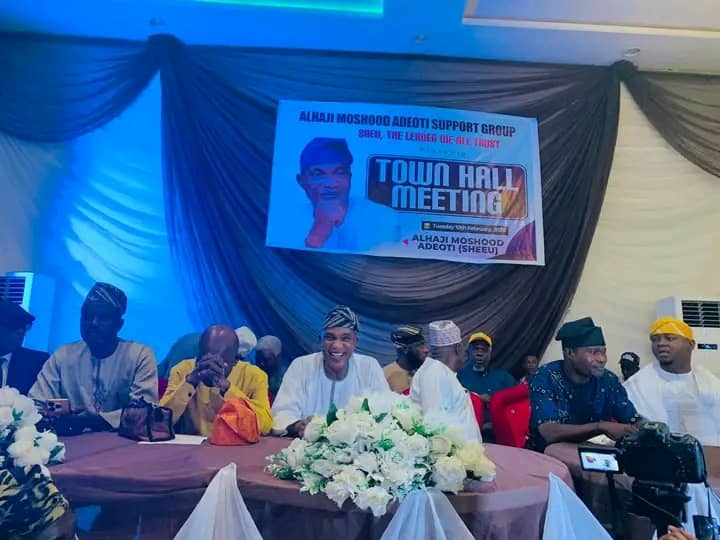Babatunde Okunlola
Claim: An Instagram blog claimed that the New UK Prime Minister Keir Starmer made allegations about corruption in Nigeria while delivering a speech at the UK Parliament.
Verdict: False! Contrary to the claim, the video and speech date back to 2020 and were made by British MP Tom Tugendhat, not Mr Starmer.
Full Text
For many years, the Nigerian government has faced persistent allegations of corruption from the international community. Organisations like Transparency International often raise these concerns. Transparency International publishes a yearly Corruption Perception Index ranking countries based on perceived levels of public sector corruption. Nigeria has consistently ranked low on this index.
While specific concerns range from the misappropriation of Public Funds, oil Sector Corruption, and the lack of effective action, critics have argued that the Nigerian government doesn’t do enough to investigate and prosecute corruption cases. At the same time, supporters say the Nigerian government has taken steps to address them, pointing at efforts such as establishing anti-corruption agencies and enacting relevant legislation. However, the effectiveness of these efforts has remained a matter of ongoing debate, even as the international community continues to urge Nigeria to strengthen its anti-corruption measures and hold perpetrators accountable.
While these conversations persist, an Instagram blogging page @goldmynecanada on July 10, 2024, claimed in a post that the new UK prime minister, Keir Starmer, took a position about corruption in Nigeria. The post had an attached video purportedly showing him speaking on the floor of the UK parliament.
The post’s caption reads, “New UK Prime Minister‘s position on Nigeria,” and an excerpt from the speech reads:
“Some people will remember when General Gown left Nigeria with half the Central Bank and moved to London.”
As of July 15, 2024, the post had been viewed over 103,000 times, generating over 3,000 likes, 648 retweets, and 220 comments on the social media platform Instagram.
It has also received reactions from users, who expressed excitement and disbelief.
An X user, @magicayg, wrote: “Sir, thank you o!!!! Abeg help us,” while @samiiieee____ wrote, “He made this speech in the parliament a few years ago. I hope he still takes this stance for Nigeria.”
Another user, @skysapphireblue12, expressing disbelief, wrote: “This video is old now. He is not the New Prime Minister. Why don’t you guys verify details before posting?”
Having observed the various reactions and engagement generated by the post, DUBAWA decided to fact-check it.
Verification
After subjecting the video screenshot to a Google Reverse Image Search, DUBAWA discovered that the video has existed since 2020. It first surfaced on November 23, 2020, during the #EndSARS debate by the UK Parliament. The man in the video was the British Minster of State Tom Tugendhat, who spoke during the #EndSARS debate by the UK Parliament on a petition regarding the arbitrary use of force and brutality by Nigerian security forces.
At the time, Mr Tugendhat, the chair of the foreign affairs committee in the British House of Commons, did not substantiate his claim with any evidence. His utterance sparked several reactions from Gowon, the Nigerian government, and even the UK Parliament, which disassociated itself from the minister’s utterances.
DUBAWA also conducted a keyword search, which brought up a transcript of the debate as documented on the parliament page, where Mr Tugendhat first made the allegations.
Several media platforms also reported the event, corroborating that the timing of the video and the personality involved date back to 2020. See some here and here.
Conclusion
Our findings show that the claim that the New UK Prime Minister took a position about corruption in Nigeria is false. The person in the video is the British MP Tom Tugendhat.
The researcher produced this fact-check per the DUBAWA 2024 Kwame KariKari Fellowship, in partnership with Diamond 88.5 FM Nigeria, to enrich the ethos of “truth” in journalism and enhance media literacy in the country.







